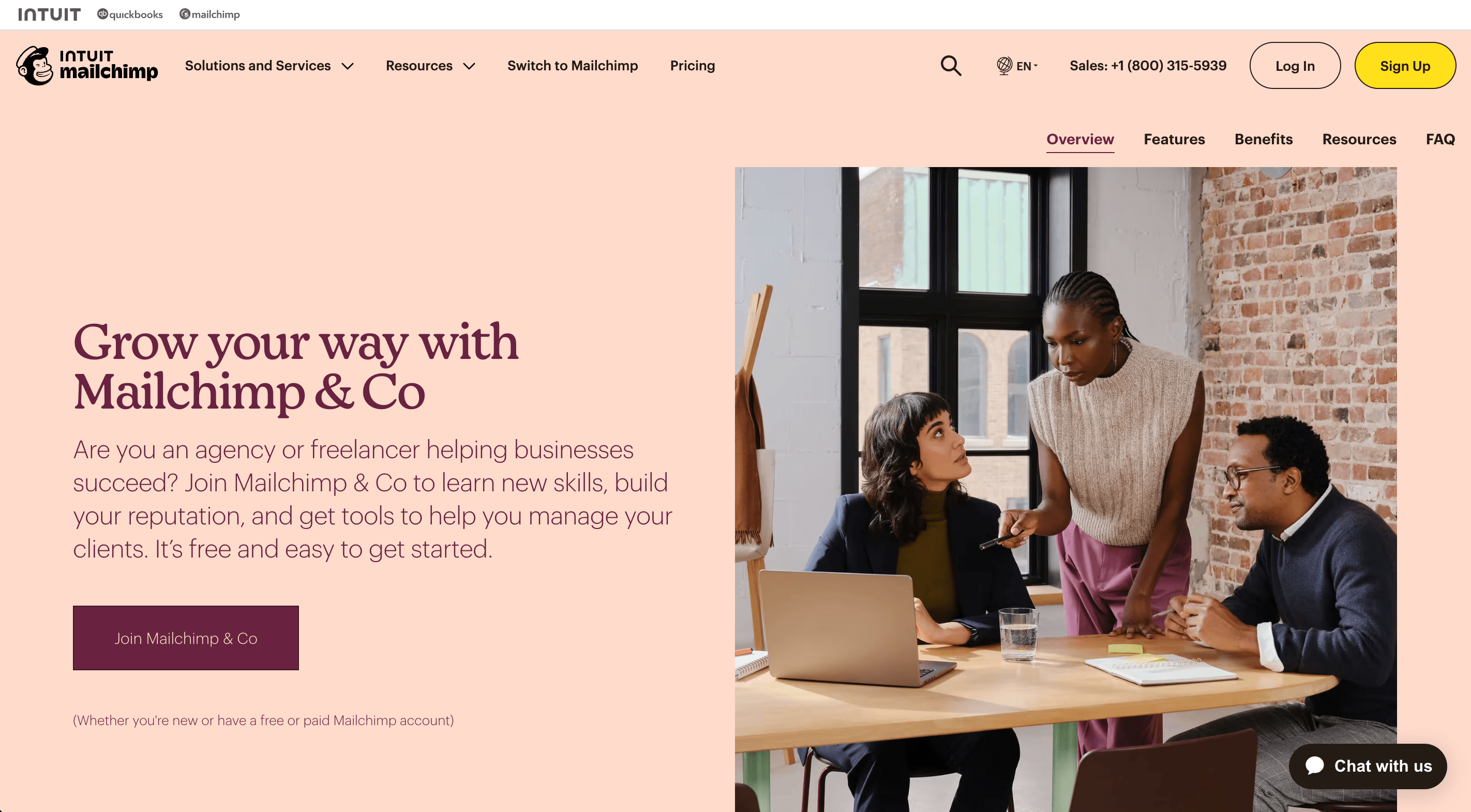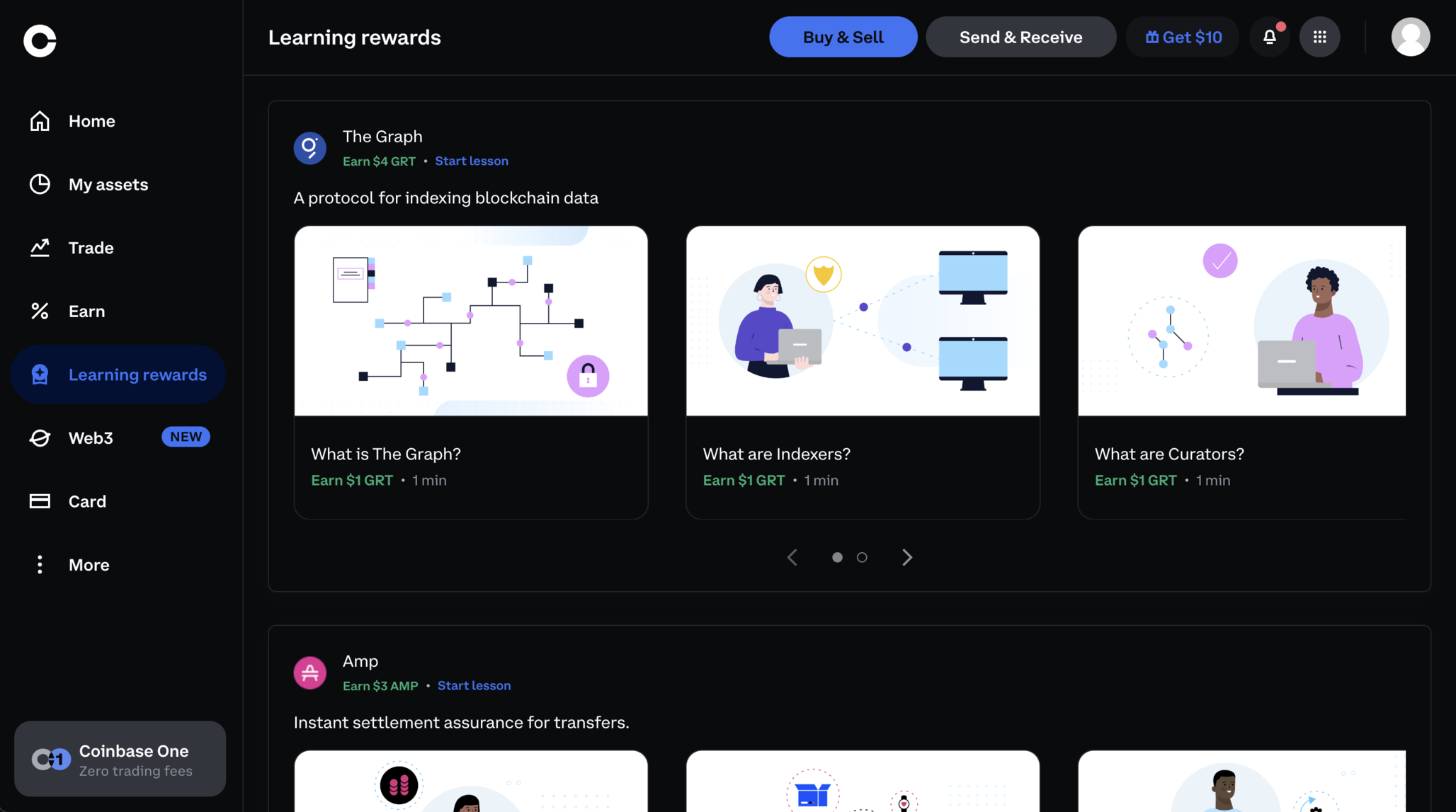In the world of B2B marketing, social proof is more than just a buzzword—it's a critical element that can make or break your business growth. As potential clients increasingly rely on the experiences and opinions of others to inform their purchasing decisions, leveraging social proof has become an indispensable strategy for building trust, credibility, and ultimately, driving conversions.
But what exactly is social proof, and how can B2B marketers harness its power effectively? This comprehensive guide will explore 15 powerful strategies to help you amplify your social proof and supercharge your marketing efforts. Whether you're a startup looking to establish credibility or an established company aiming to solidify your market position, these tactics will provide you with actionable insights to elevate your brand's reputation and influence.
Table of Contents
- Understanding Social Proof in B2B Marketing
- Leveraging Customer Testimonials and Case Studies
- Showcasing Client Logos and Partnerships
- Utilizing Industry Awards and Certifications
- Harnessing the Power of Expert Endorsements
- Implementing Customer Reviews and Ratings
- Creating Compelling Case Studies
- Leveraging User-Generated Content
- Showcasing Social Media Engagement
- Highlighting Key Metrics and Statistics
- Featuring Client Success Stories
- Building a Strong Media Presence
- Implementing Social Proof in Email Marketing
- Leveraging Influencer Partnerships
- Creating and Sharing Thought Leadership Content
Understanding Social Proof in B2B Marketing
Social proof is a psychological phenomenon where people look to the actions and behaviors of others to guide their own decisions. In the context of B2B marketing, social proof serves as a powerful tool to build trust, credibility, and authority with potential clients.
For B2B companies, social proof can take many forms, including customer testimonials, case studies, industry awards, expert endorsements, and more. By effectively leveraging these elements, businesses can demonstrate their value proposition, showcase their expertise, and ultimately influence potential clients' purchasing decisions.
Leveraging Customer Testimonials and Case Studies
One of the most effective forms of social proof in B2B marketing is the use of customer testimonials and case studies. These real-world examples of your product or service in action provide tangible evidence of your company's ability to deliver results.
Tips for Gathering Impactful Testimonials:
- Reach out to satisfied clients shortly after project completion
- Ask specific questions about the results and benefits they experienced
- Request permission to use their full name, title, and company
- Include a photo or video to increase authenticity
- Showcase testimonials prominently on your website and marketing materials
Creating Compelling Case Studies:
- Choose diverse clients and industries to appeal to a broad audience
- Structure the case study with a clear problem, solution, and results format
- Include specific metrics and data to quantify the impact of your solution
- Incorporate quotes from key stakeholders to add a personal touch
- Use visuals, such as charts or infographics, to illustrate key points
By featuring a mix of testimonials and in-depth case studies, you provide potential clients with both quick endorsements and detailed success stories, catering to different stages of the buyer's journey.
Showcasing Client Logos and Partnerships
Displaying logos of well-known clients or partners on your website and marketing materials can significantly boost your credibility. This form of social proof leverages the reputation of established brands to enhance your own.
Best Practices for Showcasing Logos:
- Obtain permission from clients before using their logos
- Group logos by industry or size to demonstrate versatility
- Update the list regularly to showcase recent partnerships
- Consider creating a dedicated "Clients" or "Partners" page on your website
- Use high-quality, consistent logo formats for a professional appearance
Remember, quality is often more important than quantity. A few recognizable, industry-leading brands can have a greater impact than a long list of lesser-known companies.
Utilizing Industry Awards and Certifications
Industry awards and certifications serve as third-party validation of your expertise and quality of service. They can significantly enhance your credibility and set you apart from competitors.
Maximizing the Impact of Awards and Certifications:
- Display award logos prominently on your website and marketing materials
- Create press releases or blog posts to announce significant awards
- Include award information in your email signatures and social media profiles
- Leverage certifications in your sales pitches and proposals
- Regularly pursue relevant awards and certifications to stay current
When showcasing awards, prioritize those that are most relevant to your target audience and industry. This focused approach ensures that the accolades resonate with potential clients and reinforce your specific expertise.
Harnessing the Power of Expert Endorsements
Endorsements from industry experts or thought leaders can lend significant credibility to your brand. These individuals are often seen as unbiased sources of information, making their support particularly valuable.
Strategies for Securing Expert Endorsements:
- Identify relevant experts in your industry
- Engage with them on social media and at industry events
- Offer value through collaboration or knowledge sharing
- Request specific endorsements for your products or services
- Feature expert quotes or testimonials prominently in your marketing materials
When leveraging expert endorsements, ensure that the individuals are truly respected in your industry and that their expertise aligns closely with your offerings. This alignment strengthens the impact of their endorsement and enhances your credibility.
Implementing Customer Reviews and Ratings
In the B2B space, customer reviews and ratings play a crucial role in the decision-making process. Potential clients often seek out these unbiased opinions to validate their choices and mitigate risk.
Tips for Effectively Using Reviews and Ratings:
- Encourage satisfied clients to leave reviews on relevant platforms
- Respond promptly and professionally to all reviews, both positive and negative
- Showcase aggregate ratings and review counts on your website
- Feature select reviews in your marketing materials and sales presentations
- Use review management tools to monitor and analyze feedback across platforms
| Review Platform | Benefits | Best Practices |
|---|---|---|
| G2 | Widely trusted in the B2B software space | Encourage detailed reviews from diverse clients |
| Capterra | Large user base for software reviews | Highlight specific features and use cases |
| Professional network adds credibility | Request recommendations from key stakeholders | |
| Industry-specific platforms | Targeted audience of potential clients | Focus on industry-specific benefits and results |
By actively managing and showcasing customer reviews, you provide social proof that resonates strongly with potential B2B clients, who often seek validation from peers before making significant purchasing decisions.
Creating Compelling Case Studies
While we touched on case studies earlier, their importance in B2B marketing warrants a deeper dive. Case studies are powerful tools for demonstrating your ability to solve real-world problems and deliver tangible results.
Key Elements of Effective B2B Case Studies:
- Clear problem statement and context
- Detailed description of your solution and implementation process
- Quantifiable results and ROI metrics
- Quotes from key stakeholders at the client company
- Visual elements such as charts, graphs, or before-and-after comparisons
Tips for Maximizing Case Study Impact:
- Create a diverse portfolio of case studies across industries and company sizes
- Offer both short-form and long-form versions to cater to different reader preferences
- Use storytelling techniques to make the case study engaging and relatable
- Include a clear call-to-action for readers interested in similar solutions
- Repurpose case study content for various marketing channels (e.g., blog posts, social media, webinars)
By developing a robust library of case studies, you provide potential clients with concrete examples of your expertise and the value you can deliver, significantly enhancing your social proof.
Leveraging User-Generated Content
User-generated content (UGC) is a powerful form of social proof that can be particularly effective in B2B marketing. This content, created by your clients or users, provides authentic and relatable perspectives on your products or services.
Strategies for Encouraging and Leveraging UGC:
- Create branded hashtags for clients to use when sharing their experiences
- Host contests or challenges that encourage clients to create and share content
- Feature client-created content on your website and social media channels
- Develop a referral program that rewards clients for sharing their positive experiences
- Collaborate with clients on co-created content, such as webinars or blog posts
UGC not only provides social proof but also helps build a sense of community around your brand. This can be particularly valuable in the B2B space, where long-term relationships and trust are crucial.
Showcasing Social Media Engagement
In the B2B world, a strong social media presence can significantly enhance your credibility and provide social proof of your industry involvement and thought leadership.
Tips for Leveraging Social Media for Social Proof:
- Consistently share valuable, industry-relevant content
- Engage in meaningful conversations with followers and industry peers
- Showcase your company culture and team expertise
- Share client success stories and testimonials
- Highlight participation in industry events and conferences
Consider creating a social media wall on your website that displays real-time feeds from your various social channels. This dynamic display of engagement can serve as powerful social proof, demonstrating your active presence in the industry.
Highlighting Key Metrics and Statistics
Quantifiable data can be a compelling form of social proof, particularly in the B2B space where decision-makers often seek concrete evidence of performance and value.
Effective Ways to Present Key Metrics:
- Display customer satisfaction scores or Net Promoter Scores (NPS)
- Showcase the number of clients or users you've served
- Highlight industry-specific performance metrics relevant to your offerings
- Present growth statistics for your company or your clients' businesses
- Use infographics or data visualizations to make metrics more digestible
When presenting these metrics, ensure they are current, verifiable, and directly relevant to your target audience's interests and concerns. This data-driven approach to social proof can be particularly effective in building trust with analytically-minded B2B decision-makers.
Featuring Client Success Stories
While similar to case studies, client success stories focus more on the narrative and emotional aspects of a client's journey with your product or service. These stories can be powerful tools for building empathy and connection with potential clients.
Elements of Compelling Client Success Stories:
- A relatable protagonist (usually a key decision-maker at the client company)
- A clear challenge or pain point that resonates with your target audience
- The journey of discovering and implementing your solution
- Personal insights and experiences from the client
- Tangible and intangible benefits realized from using your product or service
Consider presenting these stories in various formats, such as written articles, video interviews, or podcast episodes. This multi-format approach allows you to cater to different content preferences and provides opportunities for cross-channel promotion.
Building a Strong Media Presence
Media coverage and mentions can significantly boost your credibility and provide third-party validation of your expertise. A strong media presence serves as a form of social proof that can influence potential clients' perceptions of your brand.
Strategies for Enhancing Your Media Presence:
- Develop relationships with industry journalists and publications
- Contribute thought leadership articles to relevant publications
- Seek opportunities for interviews or expert commentary on industry topics
- Issue press releases for significant company news or product launches
- Create a dedicated "Press" or "News" section on your website to showcase media mentions
When leveraging media coverage, focus on quality over quantity. A feature in a respected industry publication can carry more weight than multiple mentions in less relevant outlets.
Implementing Social Proof in Email Marketing
Email marketing remains a crucial channel for B2B communication, and integrating social proof into your email campaigns can significantly enhance their effectiveness.
Tips for Incorporating Social Proof in Emails:
- Include customer testimonials or success stories in your email signature
- Feature case study snippets with links to full versions on your website
- Highlight recent awards or accolades in newsletter headers
- Use social proof in subject lines to increase open rates (e.g., "Join 10,000+ satisfied customers")
- Incorporate user-generated content or client quotes in promotional emails
Remember to tailor the social proof elements to the specific goals of each email campaign, ensuring they complement and reinforce your primary message.
Leveraging Influencer Partnerships
While often associated with B2C marketing, influencer partnerships can be highly effective in the B2B space when executed strategically. Collaborating with industry thought leaders can provide powerful social proof and expand your reach to new audiences.
Best Practices for B2B Influencer Partnerships:
- Identify influencers whose expertise aligns closely with your offerings
- Focus on micro-influencers with highly engaged, relevant audiences
- Collaborate on co-created content such as webinars, whitepapers, or podcast episodes
- Invite influencers to speak at your events or participate in panel discussions
- Seek authentic endorsements or reviews of your products or services
When engaging in influencer partnerships, prioritize long-term relationships over one-off collaborations. This approach allows for more authentic endorsements and sustained credibility building.
Creating and Sharing Thought Leadership Content
Establishing your company as a thought leader in your industry is a powerful form of social proof that demonstrates expertise, innovation, and industry influence.
Strategies for Effective Thought Leadership:
- Regularly publish in-depth, original research or industry analyses
- Develop and share unique frameworks or methodologies
- Contribute guest articles to respected industry publications
- Host webinars or podcasts featuring expert discussions on industry trends
- Present at major industry conferences and events
By consistently producing high-quality thought leadership content, you position your company as a trusted authority in your field, providing social proof of your expertise and value to potential clients.
In conclusion, building strong social proof is essential for B2B marketers looking to establish credibility, trust, and influence in their industry. By implementing these 15 strategies, you can create a comprehensive approach to social proof that resonates with your target audience and drives business growth. Remember, the key to effective social proof lies in authenticity, relevance, and consistency. Continuously gather and showcase evidence of your expertise, client satisfaction, and industry recognition to build a compelling narrative that sets your brand apart in the competitive B2B landscape.







